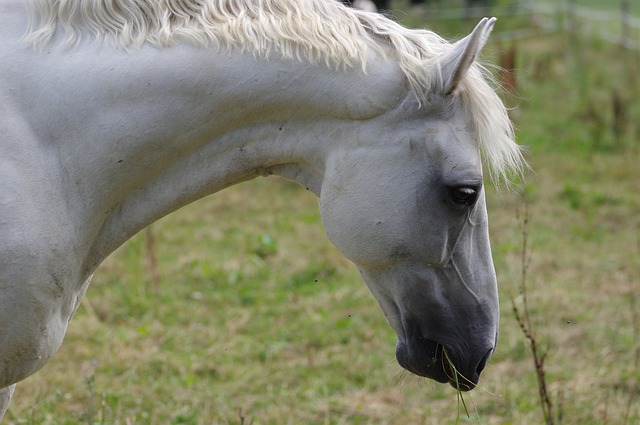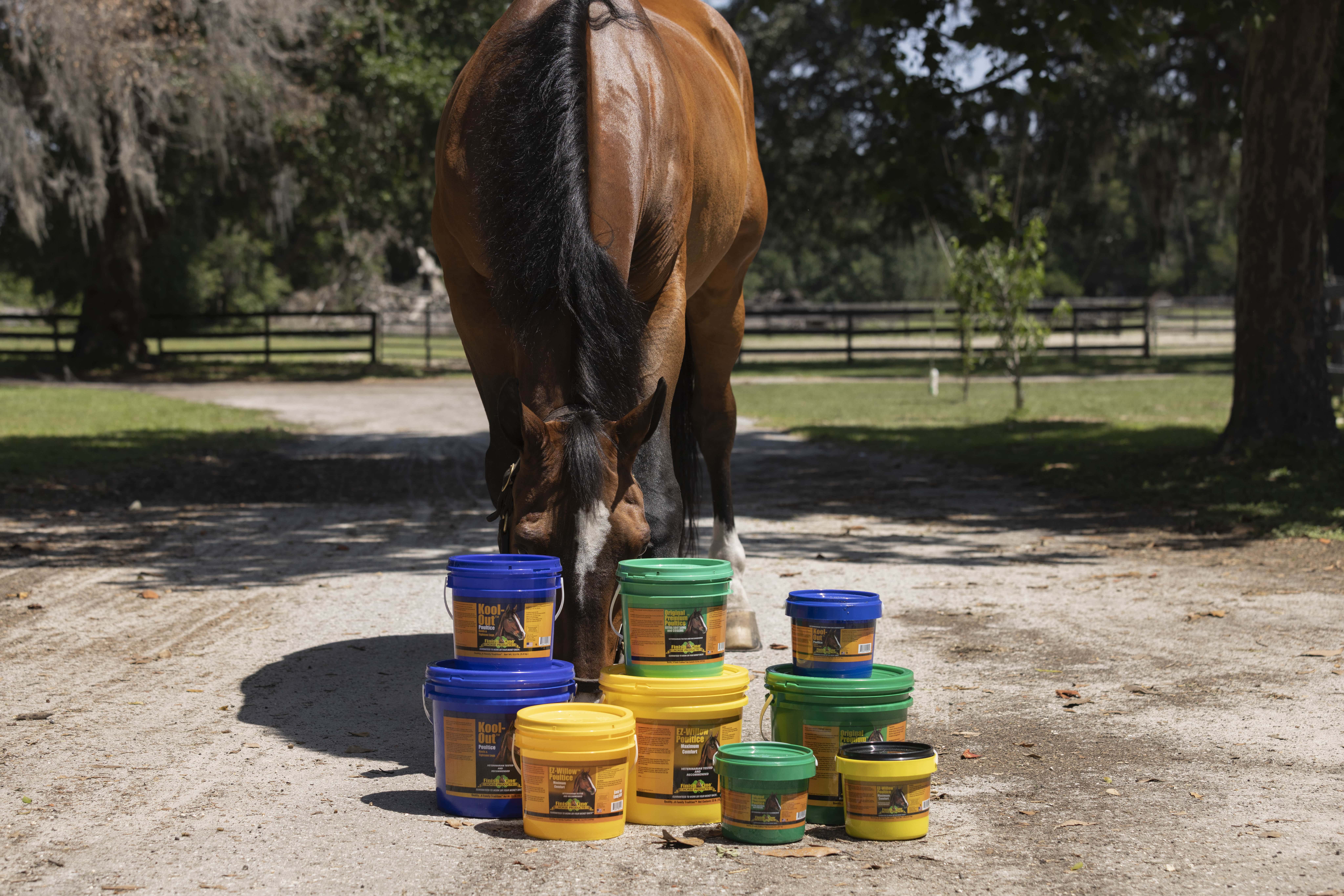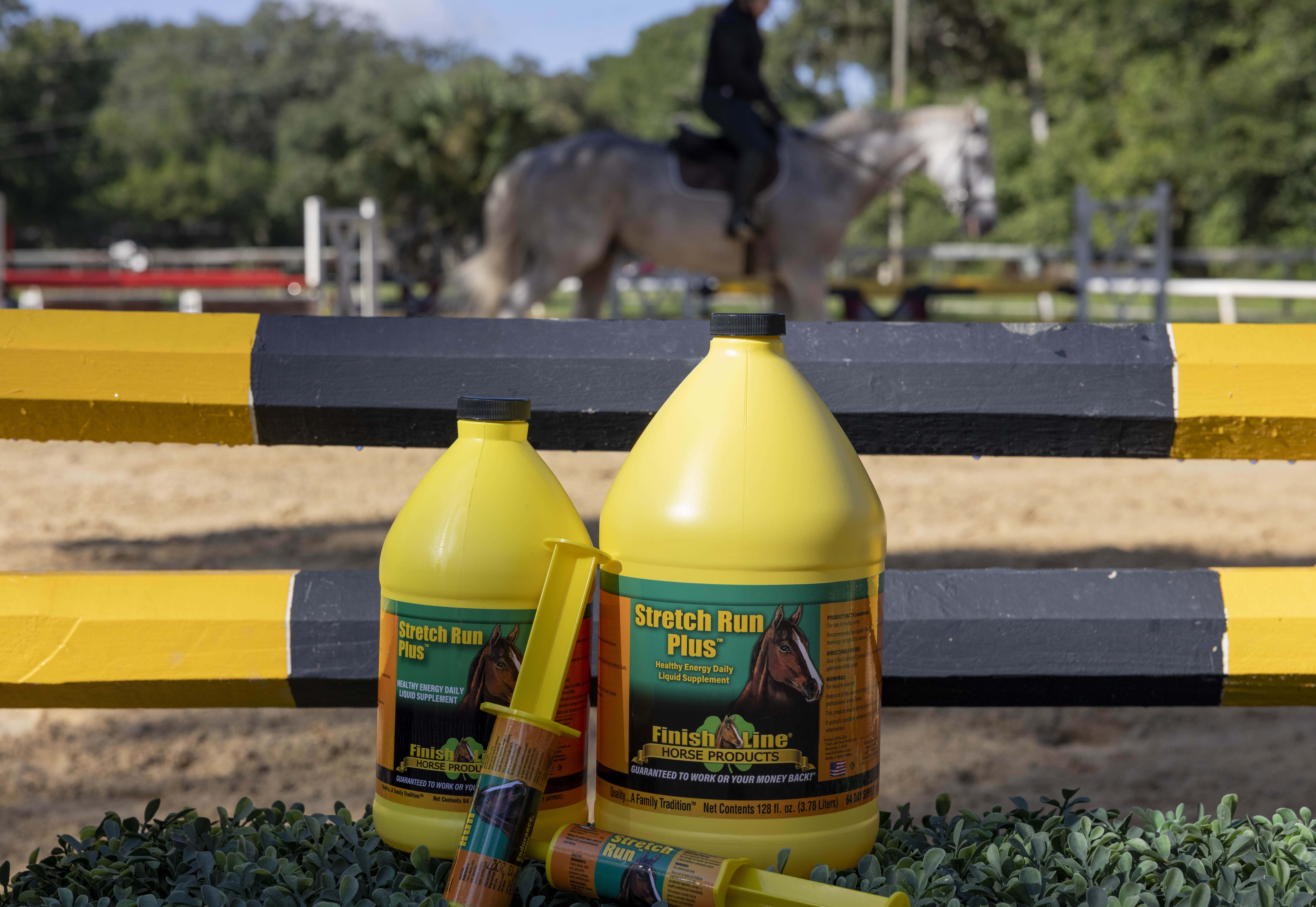A horse’s liver and a human’s liver function in generally the same way. In both cases, the liver regulates the body by absorbing beneficial nutrients and expelling toxins from anything that enters the gastrointestinal tract.
Just as humans can damage their livers through poor eating habits and prescription and nonprescription drug use, horses can be affected by the same things. A diet low in nutrients and high in toxic plants can cause equines to have liver problems as can an overabundance of certain medications. Their livers are susceptible to severe levels of damage, and they could even experience liver failure in some cases, which affects their overall health. Horse owners can help keep their equines healthy by keeping their livers healthy.
Understanding liver function
The Horse.com reported on a presentation about equine liver health given at the at the 2015 American Association of Equine Practitioners Convention by Thomas Divers, Professor of Veterinary Medicine at Cornell University’s College of Veterinary Medicine. Divers explained that the equine liver had a variety of functions including:
- Producing and secreting bile, which is important for metabolizing fats and fat-soluble vitamins
- Detoxifying the body
- Storing and filtering blood
- Metabolizing proteins, carbohydrates, fats, free fatty acids, sugars and glycogen
- Synthesizing acute-phase proteins like albumin and others that work to clot blood
- Promoting endocrine activity
An example of an endocrine response facilitated by the liver comes in the release of hepcidin, a hormone that regulates iron distribution within the body.
“Hepcidin decreases absorption of iron from the intestine and sequesters circulating iron in phagocytes (the bacteria-eating white blood cells),” reported The Horse.com from Divers presentation. “Because iron is important for bacterial growth, when there is an infection, the liver and hepcidin try to hide it from the bacteria.”
Toxic plants can cause liver problems
The liver processes every bite of food the horse eats. Grass and hay are vital parts of a horse’s diet; however, these may contain chemicals that can damage the animal’s liver over time.
Janke, a veterinarian at Sturgis Veterinary Hospital, told Tri-State Livestock News that the most common pasture or feed-related toxins are those that contain pyrrolizidine alkaloids (PA). These chemicals are found in pasture plants such as rattlepods, European heliotrope, turn-sole, purple viper’s-bugloss and Paterson’s curse. Plants that contain PA are usually bitter in taste, and horses will avoid them. Although, that could be harder for them to do if the plants are mixed in with hay or chopped into cubes.
Divers told The Horse.com that the seeds and flowers of these plants are generally the most toxic portions, followed by the leaves, stems and lastly the roots. These plants are their most noxious as they approach full bloom, and common examples include ragwort, houndstongue, rattlebox, fiddleneck and groundsel.
“Toxicity is cumulative over the horse’s lifetime. Consumption of 2 to 5 percent of the horse’s body weight [in toxic plants] may result in liver disease,” Janke told Tri-State Livestock News. “The horse can have liver disease/damage without having liver failure. The liver is resilient and can perform adequately until about 80 percent of its function is impaired. Regeneration of damaged liver is possible, as long as fibrosis (scarring) has not developed or worsens—but this is generally what happens with pyrrolizidine alkaloid toxicosis and leads to a poor prognosis.”
Symptoms of liver damage and disease
Janke noted that liver damage and impending disease can be difficult to diagnose. Early signs are often missed, and most cases only present vague signs of trouble until the liver reaches critical weakness.
Progression of the disease can be noted by photosensitivity, jaundice, acute mental and behavioral changes, weight loss, blindness, abnormal blood clotting, laryngeal paralysis, limb swelling, abdominal distention or mild chronic colic. Noticeable signs of liver disease caused by the consumption of PA can take months to appear.
Testing for organ damage
Because the warning signs of liver damage and disease can go so easily unnoticed, it is important that horses receive regular testing to detect any potential abnormalities.
Equus magazine noted that a blood draw is a simple yet highly effective way to test for liver function. The health of individual organs can be evaluated with blood work, and it is recommended that owners perform analysis of organ function when their horses are at optimal health so any adverse changes are noticed quickly by clinicians.
Evaluating a horse’s serum chemistry profile can be particularly helpful in determining liver health. This test monitors albumin and globulin protein levels in the blood.
“It is important to check protein levels because protein in the blood is responsible for keeping fluid inside the blood vessels and not leaking out into body tissues,” said Katherine Wilson, of the Virginia–Maryland Regional College of Veterinary Medicine, to Equus magazine. “Usually the horse loses protein from the blood through severe diarrhea.”
Liz Arbittier, veterinarian at the University of Pennsylvania’s New Bolton Center, told Equus magazine that protein is created in the liver and low protein levels could indicate a problem within the organ because it may not be functioning properly.
The liver also produces several common enzymes, abbreviated as AST, GGT and ALP. A serum chemistry profile can test these enzyme levels in the blood. Wilson said that if these enzymes are high, it could mean the liver damage is present; GGT levels are particularly important as it is one of the most important enzymes that determine overall liver health.
A simple diagnostic ultrasound can also be an effective method of determining liver problems, especially those related to colic.
Prevention and treatment
Janke told Tri-State Livestock News that preventing liver damage largely boils down to having an awareness of potential causes and avoiding toxic plants and drugs.
He suggested owners work with agents at their local extension office to identify and eliminate potentially poisonous plants in pastures. Hay should be inspected for the presence of toxic plants and should only be purchased from reputable vendors. Horses’ lives can be extended if proper nutrition is maintained and care is taken to quickly address any symptoms of liver disease.
An excellent form of nutrition beneficial to promoting liver health can come in the form of Livatrope, a supplement specially formulated to aid liver function with numerous vitamins and botanicals.








